At one time or another, all students at McCallum have felt the pressure from the no pass/no play rule. This rule became part of the curriculum in the spring of the 1985-86 school year. It has not only created advantages, but it also has some disadvantages.
A few of the many problems linked with the no pass/no play rule include the deterioration of student enrollment in extracurricular activities, the number of students participating in different types of contests, and even the number of students signing up for different classes involving extra work and out-of-school time. But according to assistant principal Penny Miller, the legislature will not even consider changing the rule in any way until it has been in effect for at least a year and a half.
Still, some major complains the students and teacher have about the law is that the suspension period of six weeks is too long.
“The biggest problem involving no pass/no play is the suspension time. Once students get their grades up, they should be bale to participate again,” Penny Miller said.
But solutions to this problems have also been thought about.
“If a student failed for one six weeks, I don’t think they should be penalized for a whole six-week period. What the school should do is check the student’s progress the third week, and if the student has an A or B, let him participate,” senior Courtney Miller said.
But according to Miller, the long process of paperwork would be too tough to deal with in checking the failing grades of students on a three-week basis.
In addition to the complaint about the suspension period, another major concern which affects students is that the no pass/no play law allows no room for human error.
“My major concern with the no pass/no play is that if a teacher makes a mistake in averaging your grade and records an F, you still couldn’t participate for a whole six-week period,” senior Jana Johnson said.
According to Joy Alexander, the vocational counselor, one immediate change, which has taken place under special circumstances, is if a student is in an honors course and fails, then the student will be ineligible for an entire six weeks.
“I don’t think they should consider honors classes with regular classes with this new rule, or visa versa,” senior Chris Rankin said.
Even though no pass/no play has some negative effects, advantages have also developed.
“Kids take school more seriously than they did before,” science teacher Claudia Whitington said. “They know in order to pass, they will have to go home, and studying is only a small part of learning responsibility for students. It helps encourage them.”
Once again, the feelings students are having involving the no pass/no play rule still contrasts greatly. Not all students agree that no pass/no play is advantageous.
“The rule puts a lot of unnecessary pressure ons students who are in extracurricular activities by putting them in a tight spot for grades,” sophomore Beth Benner said.
“I think it’s stupid because if a student failed a subject that they really had trouble in,” junior Tonya Bleke said. “I believe they should still be able to participate.”
“I feel that it is too strict, and I don’t appreciate the fact that the man who wrote it has his kinds in a private school,” Johnson said.
Even though these may be strong points against no pass/no play, many students support the concept.
“It’s reasonable,” senior Maria Lowery said. “A student who can’t read or write should not be allowed to graduate.”
After only one year of the rule, teachers have found themselves adapting to the policy. But even so, grading and teaching methods haven’t changed much.
“Even though it’s a new system, it hasn’t affected my grading or teacing methods at all,” Whitington said.
But one change teachers are having to get used to is the constant grading of papers. “The amount fo constant grading I have to do for students who are in extracurricular activities has to be the worst thing involved with no pass/no play,” Whitington said.
Teachers have also noticed that the no pass/no play rule does not encourage all the students to work harder.
“Ninety percent of the time, kids who are failing a course could ahve done a lot better than they imagined,” Miller said.
But even though the no pass/no play law is a new system for the students, it’s nothing new for a majority of the teachers.
“When we were students in high school, we grew up with similar rules no pass/no play,” Miller said, “but instead of having a law enforce it, our parents did.”
The primary goal of the no pass/no play law was to keep students excelling in academics, rather than failing course after course. According to teachers, it hasn’t made a considerable difference in students except that they try a lot harder. Also, a majority of students who are ready to give up.
“The rule keeps the many borderline students encouraged just enough to pass,” Whitington said.
Of all the major problems created by no pass/no play, the extracurricular activities have been most affected. Whether it is an after-school club, such as the Student Council or The Future Problem Solvers, or even a fine art class such as the choir or band, the rule still applies. No matter what the extracurricular activity or sport might be, they have all been affected in some way.
One of the major concerns of both choir and band involving the no pass/no play was that it affect the ineligible students who were either involved with group or individual competitions. This left them no choice but to drop out of the contest, leaving the choir to readjust the music and sections, or causing the band to rechart, which is the rewriting of a show.
Another problem due to the rule is having to reteach the music to the alternates.
“It becomes a real problem because you have to replace the kids that failed with alternates, which means spending more time teaching them the music and march steps, ” said Johnson, a drum major.
Another major problem was making sure students understood that if they were in competition and failed, they would be able to move up to higher levels of competition such as area or state even if they passed the audition.
Still, a third negative affect which no pass/no play has caused is extreme disappointment for those students who failed and could not participate.
“The extreme disappointment for those students who could not go on was very great,” choral director Morris Stevens said. “It caused such a negative effect that instead of helping students it hurt them.”
Whatever students and teacher might think about the rule, it is here to stay. It is here to stay at least until the legislature meets in January.
This article was originally published in The Shield on Oct. 31, 1986.


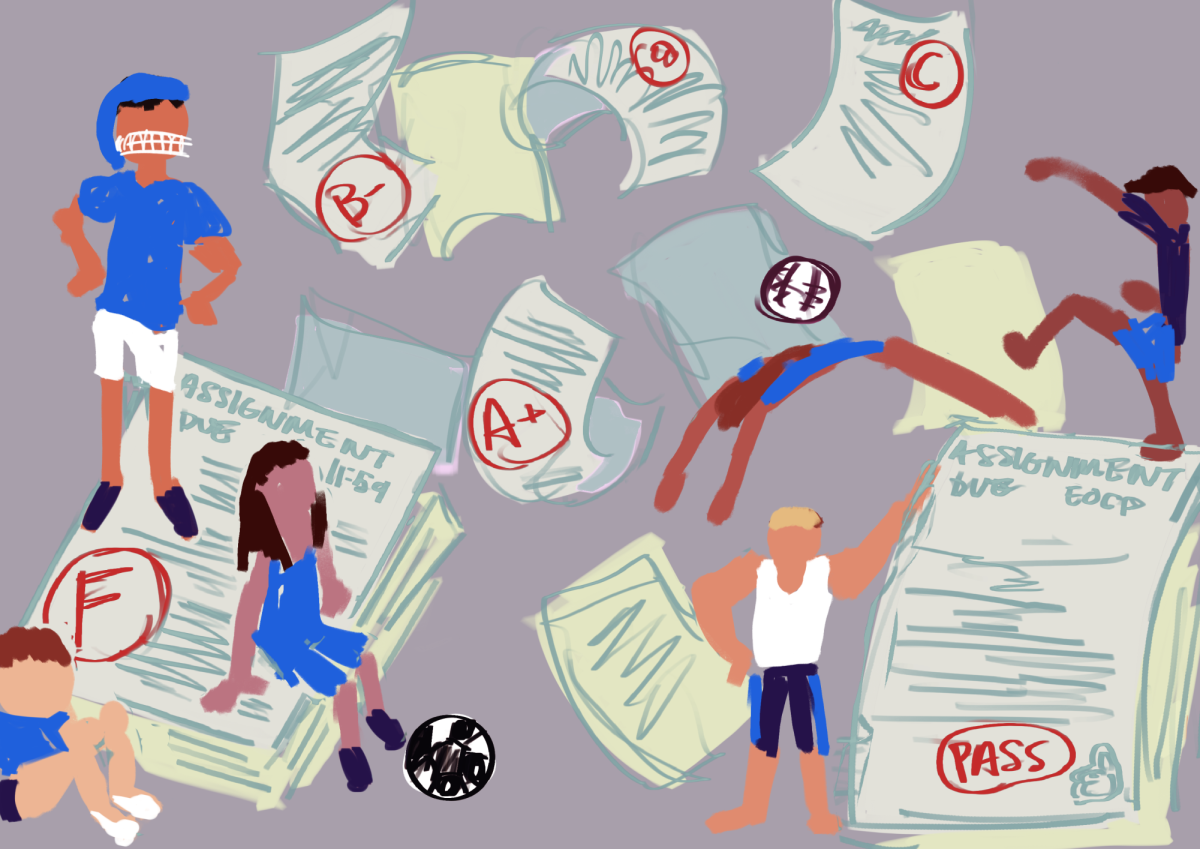


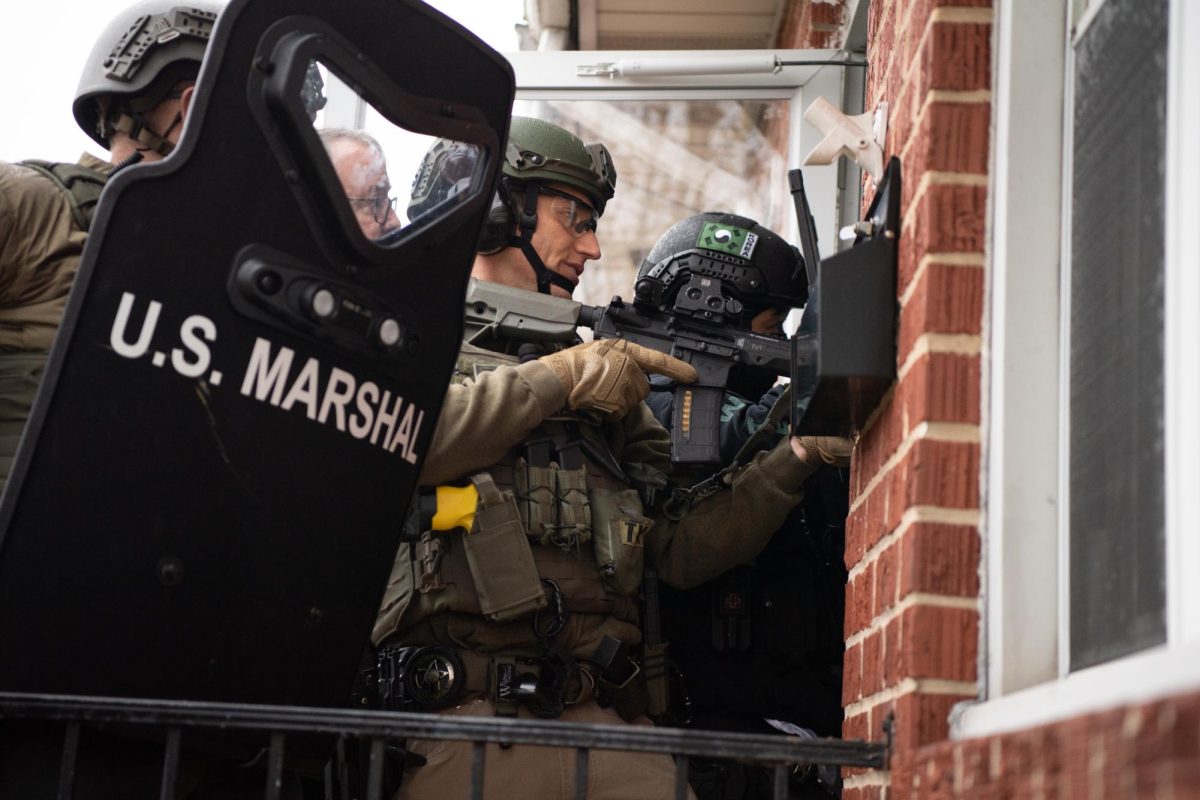
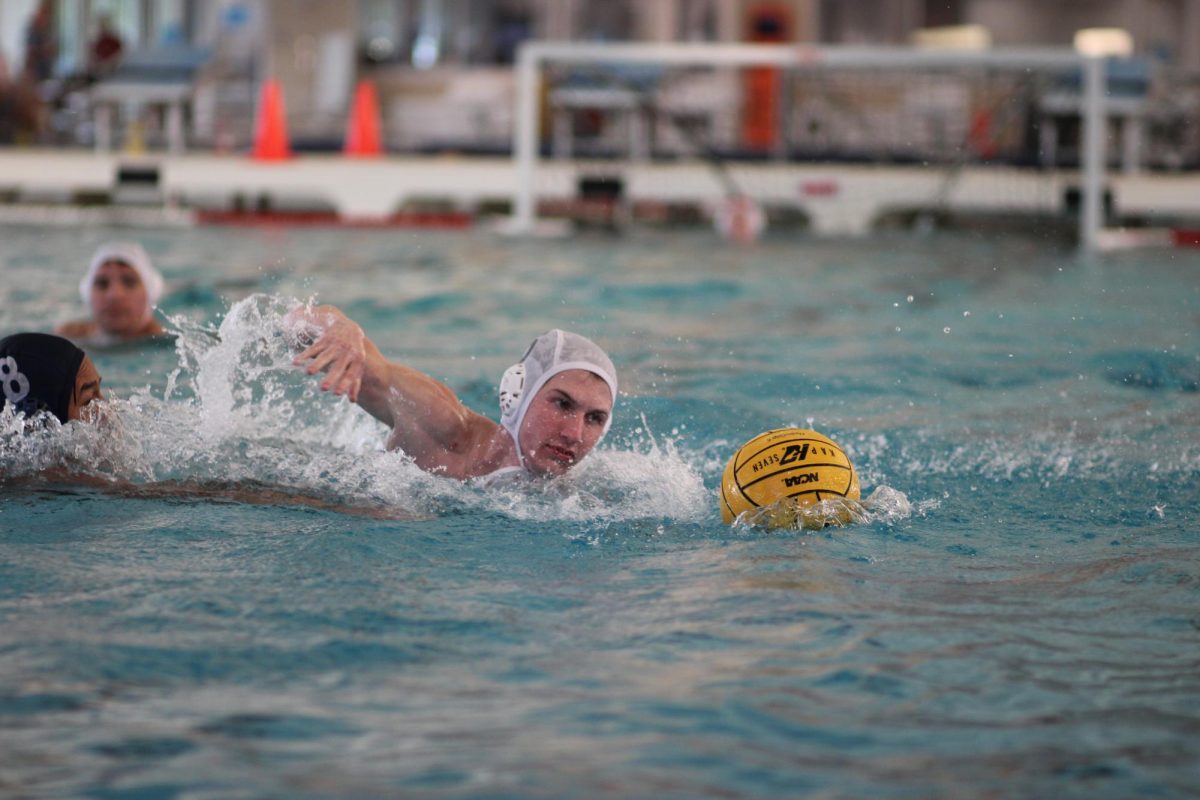
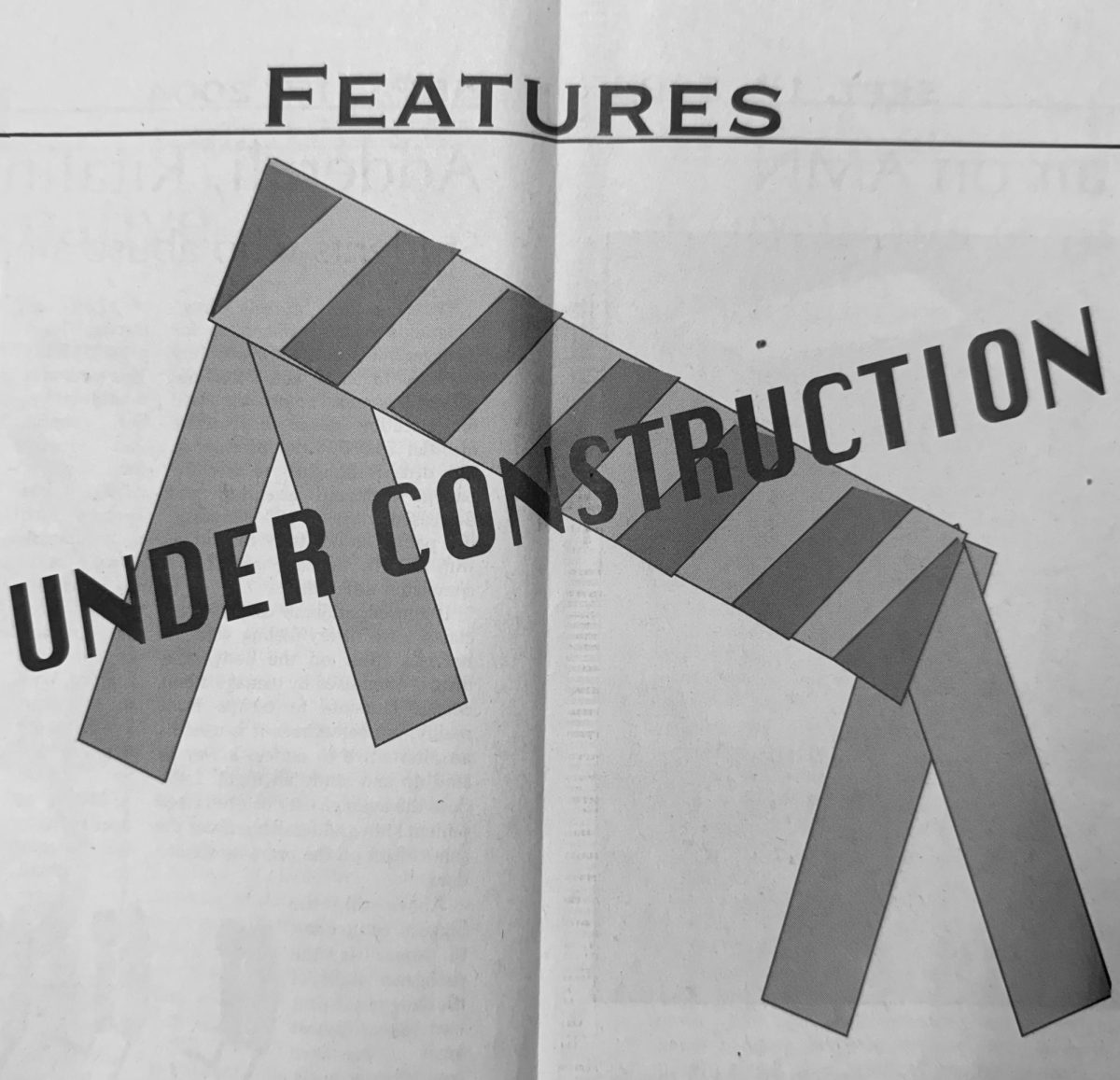
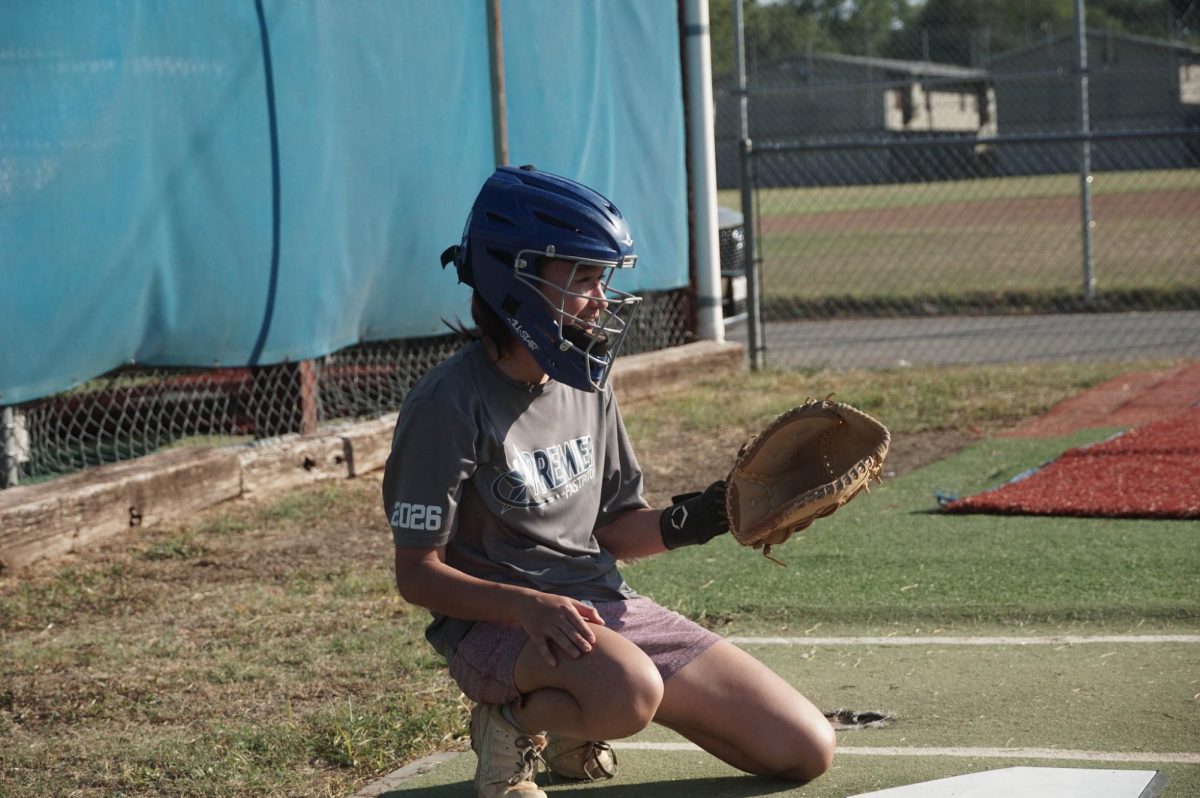
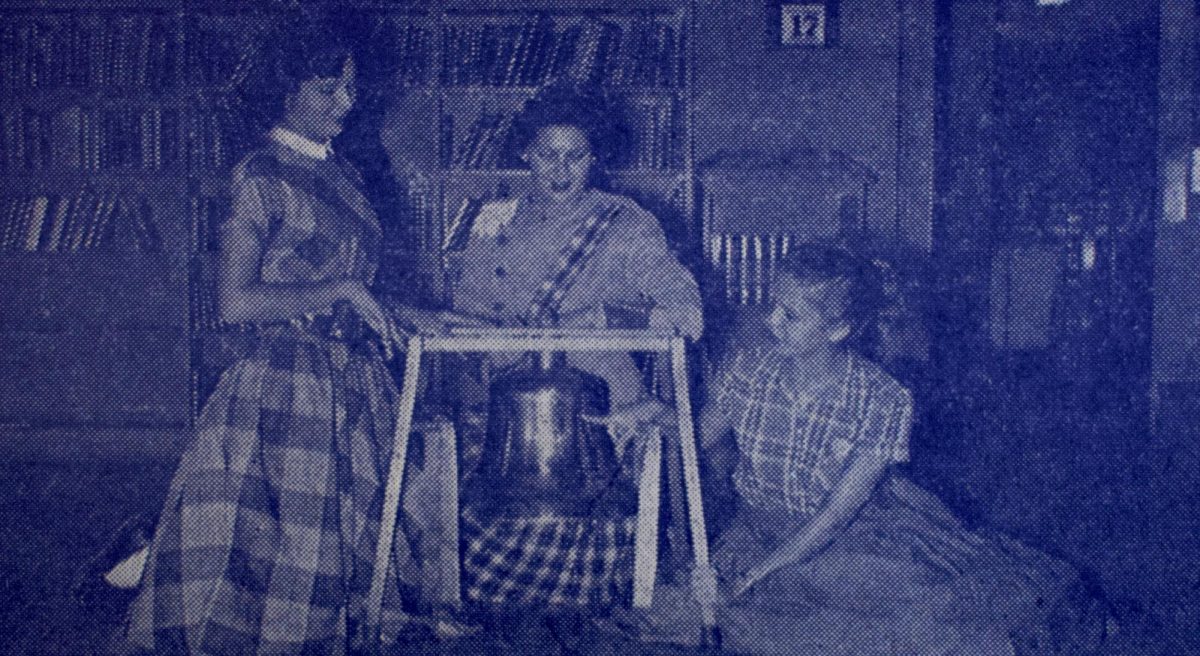

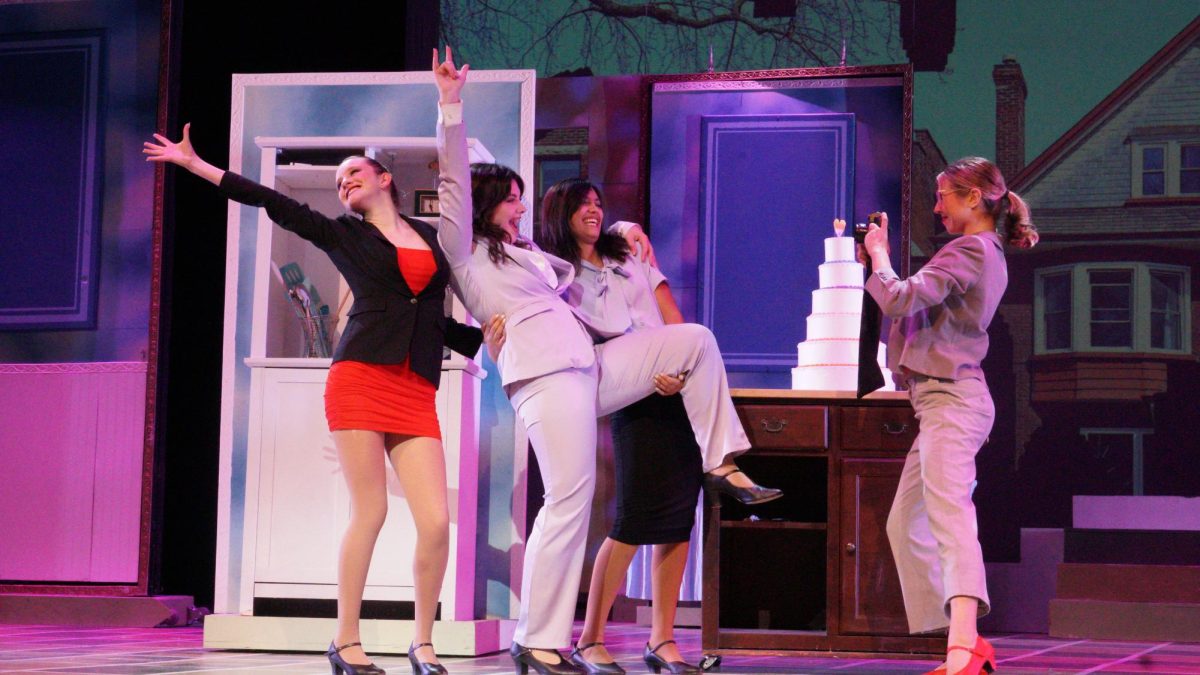
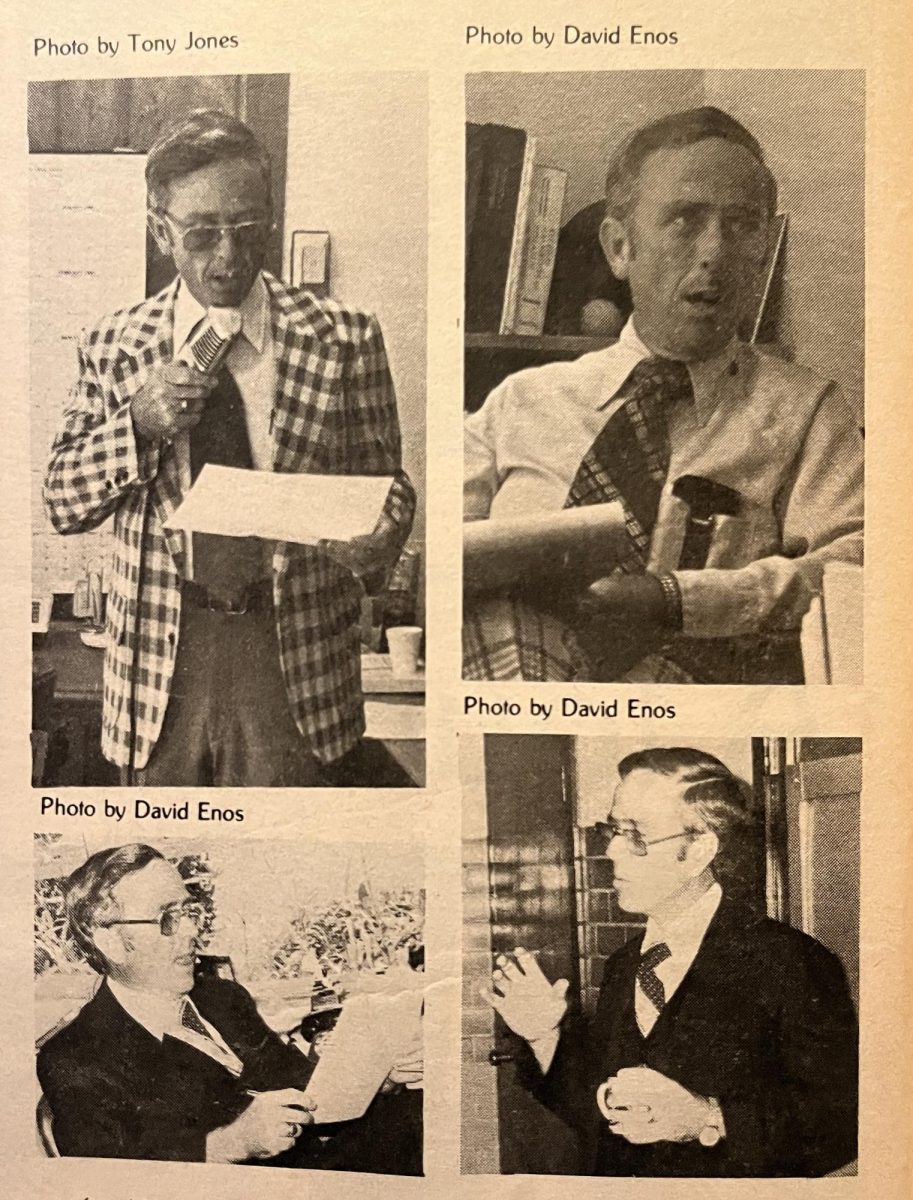
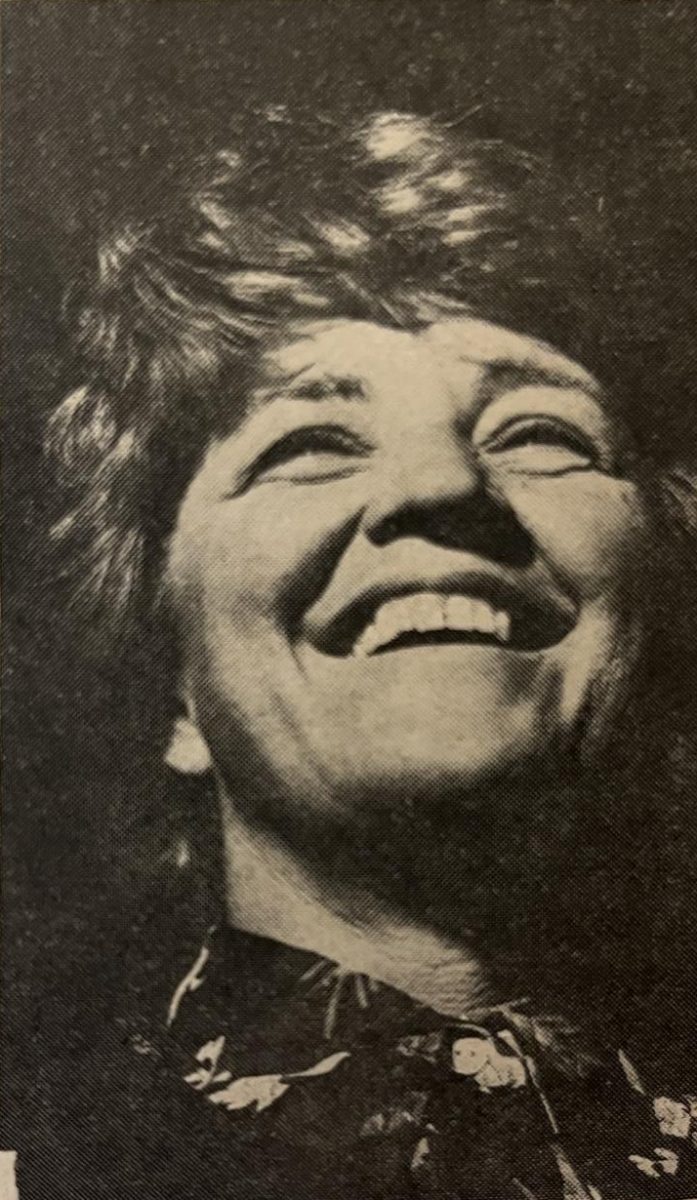
![Carole Keeton holds her granddaughter, Anna McClellan (who happens to have the byline for this article), and is surrounded by her other granddaughters, Kathryn and Michelle McClellan, as she gives her concession speech for the gubernatorial race on Nov. 7, 2006. Although, she lost the race, having her family there made it one of the highlights of her political career. "The [best] moments are the moments when the family is all there. And they’re there in good times, and they’re there in the tough times."](https://macshieldonline.com/wp-content/uploads/2019/02/DP78C4-900x538.jpg)